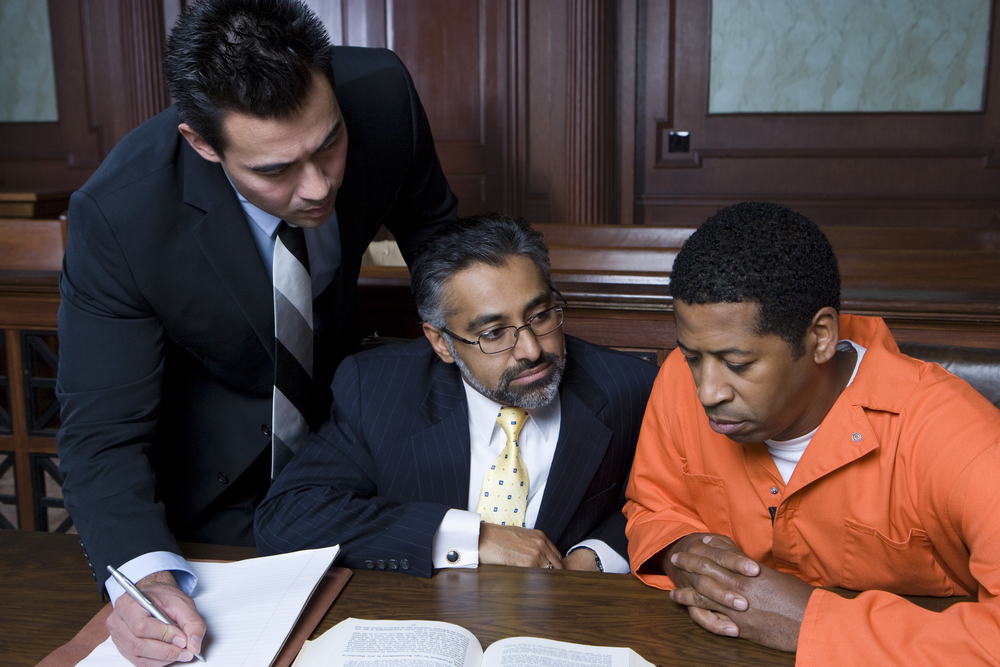There has been a huge amount of research and analysis surrounding the ethics of criminal defence lawyers, revolving around how a lawyer can agree to defend someone potentially guilty of terrible crimes.
Whilst the profession is one of the most widely debated and even detested by the general public, criminal defence lawyers do an incredible amount of good, and are critical to a fair and just legal system.
All those accused of a crime have the right to legal representation but that doesn’t mean that a criminal lawyer has to agree to take every single case that is put in front of them.
There are a number of potentially thorny ethical issues that criminal lawyers must navigate during their careers and it is important that if you intend to enter the field that you are aware of them beforehand.
These include:
Choosing who to defend

One of the most difficult decisions for a criminal defence lawyer to make is choosing who, and who not, to defend. Public defenders are designated cases for them, meaning they have little to no control over the clients they represent.
Private criminal defence lawyers, however, or lawyers working for major criminal defence law firms, do have this privilege and will often be incredibly selective over which clients they take on. This is the reason that you will often see the worst criminal offenders whose guilt is apparent given the weight of evidence against them find it difficult to find a lawyer willing to take them on.
For some, this may be an ethical decision, whilst others may simply be looking to protect their reputation for success as a lawyer. This doesn’t mean, however, that criminal defence lawyers will never take on cases involving horrific crimes where the matter of conviction seems to be pretty cut and dried.
Whilst the perpetrator of a crime may seem obvious to begin with, the evidence of a case may begin to unravel under the expert eye of a criminal defence lawyer. Whilst those accused of crimes cannot force a lawyer to take their case, they have the right to a fair trial, and the right to choose any lawyer who agrees to represent them.
This may appear unfair to some given the crimes they are accused of but is an integral part of maintaining a fair and free society and this right has prevented countless innocent people from being convicted of offences they didn’t commit over the years.
The term innocent till proven guilty may not always ring true in the eyes of the public or the media, but it is the foundation of our legal system and it is the task of a criminal defence lawyer Glasgow to ensure it stays that way.
Attorney client privilege
Perhaps the most controversial of all the ethical dilemmas that are faced by criminal lawyers. Lawyers are legally required not to disclose any information revealed to them by their client, no matter how incriminating it may be.
It is easy to see why some people may find the idea of protecting someone’s guilt confidential but attorney client privilege is incredibly important to the success of the justice system, In the UK, the right to a free trial goes back many centuries to a time when defendants were concerned that any minor slip when talking to their counsel could incriminate them, leading to them leaving out many important facts that their counsel could have use to build their defence.
The law was then changed so that lawyers were unable to share any information that they were given by their client. This law was introduced to protect those on trial and actually puts lawyers in extremely difficult positions at times, something that the public often fails to recognise.
The only exception to attorney client privilege comes if a person admits not that they have already committed a crime but that they intend to commit future crimes. This is written specifically into the law and not only can lawyers reveal any information that they are aware of regarding future crimes but are actually duty bound by law to do so.
Questioning victims and their families

When representing their client in court a defence attorney must cross examine any witnesses brought forth by the prosecution and even the victim themselves.
One of the toughest parts of the job for any defence lawyer is questioning, often in quite an aggressive manner, those who have just been through a traumatic event, and throwing doubt on their account of events by questioning their integrity.
A defence lawyer’s task is to raise doubt in the minds of the jury and will often imply things without stating them directly in order to achieve this goal.